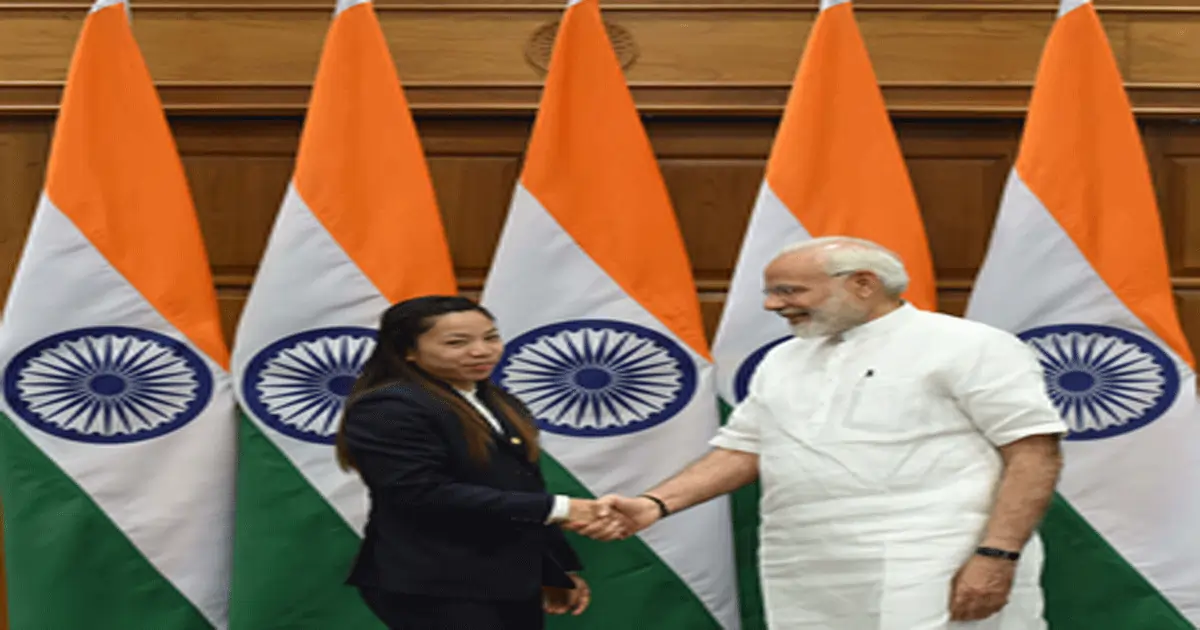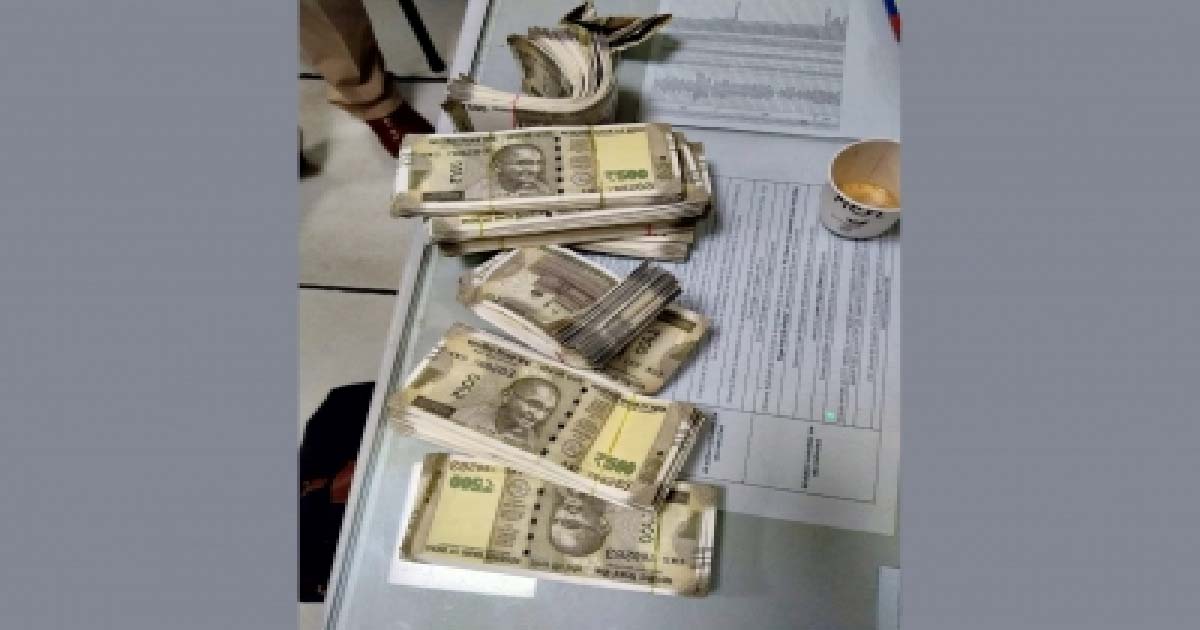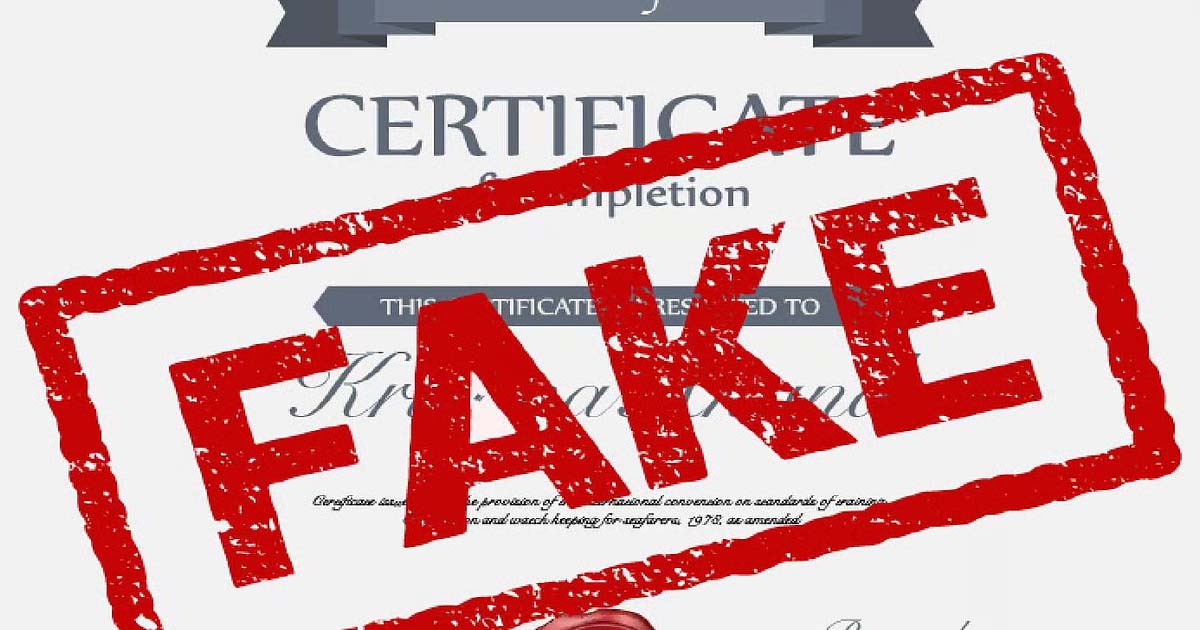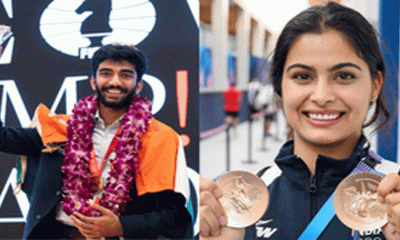National News
Mirabai Chanu joins PM Modi’s ‘fight against obesity,’ further nominates Sindhu, Gukesh, Paes and others

New Delhi, Feb 24: Tokyo Olympic silver medallist weightlifter Mirabai Chanu has said that she is feeling honoured to join the ‘fight against obesity’ campaign launched by Prime Minister Narendra Modi.
On Monday, PM Modi, highlighting the urgent need to combat rising obesity rates, nominated ten prominent individuals to champion the cause of reducing edible oil consumption. He also urged them to nominate 10 more people to further expand the movement.
“As mentioned in yesterday’s #MannKiBaat, I would like to nominate the following people to help strengthen the fight against obesity and spread awareness on reducing edible oil consumption in food,” PM Modi wrote on X while tagging Anand Mahindra, Dinesh Lal Yadav ‘Nirahua’, Manu Bhaker, Mirabai Chanu, Mohanlal, Nandan Nilekani, Omar Abdullah, Madhavan, Shreya Ghoshal and Sudha Murty.
“I also request them to nominate 10 people each so that our movement gets bigger! Collectively, let us make India fitter and healthier. #FightObesity,” the post further read.
“I am extremely honoured to be nominated by Prime Minister Narendra Modi to spread awareness in the fight against obesity. This is a major health concern that can be eliminated by making the right lifestyle choices and choosing to be active, healthy and fit. We need India to move in this direction to support and enhance our growth journey,” Mirabai said.
“Making small changes to our daily lives can result in a huge transformations for the country and help us move towards achieving our dream of making a Fit India,” she added.
As a part of the initiative, the star weightlifter further nominated world chess champion Gukesh Dommaraju, London Olympic bronze medallist shuttler Saina Nehwal, London 2012 bronze medal-winning shooter Gagan Narang, former hockey captains Rani Rampal & Manpreet Singh, tennis great Leander Paes, two-time Olympic medallist shuttler PV Sindhu, paddler Manika Batra, Paris 2024 bronze medallist Sarabjot Singh and two-time Paraympic champion shooter Avani Lekhara.
During an address in the 119th Episode of ‘Mann Ki Baat’, PM Modi discussed rising cases of obesity and said, “To become a fit and healthy nation, we will certainly have to deal with the problem of obesity. According to a study, one in every eight people today is troubled by the problem of obesity. Cases of obesity have doubled in the past years, but, what is even more worrying is that the problem of obesity has increased fourfold even among children. WHO data shows that in 2022, about 250 crore people around the world were overweight; that is, they had more weight than required.”
“We can together deal with this challenge with minor efforts. For example, one method I suggested was ‘reducing the consumption of edible oil by ten per cent’. Decide that you will use 10 per cent less oil every month. You can decide that while buying oil for cooking, you will buy 10 per cent less oil. This will be an important step towards reducing obesity,” he added.
Business
Mumbai: RTO Files Criminal Cases Against Uber, Ola, Rapido After Fatal Highway Crash In Mulund

Mumbai: Following the death of a woman passenger in a collision involving a speeding mixer truck and an illegally operated Uber-linked Activa scooter on the Eastern Express Highway, the Regional Transport Office (RTO) has taken serious note of the incident and initiated criminal action directly against the directors of Uber, Ola and Rapido.
Five FIRs have been registered across four police stations, Navghar, Nehru Nagar, Pant Nagar and Amboli. An official of the state transport department said, “We will ensure strict action against all those operating bike taxis in violation of RTO norms, including suspension of licences. No violations will be tolerated.”
According to the FIR filed on December 1 by the Navghar police, the accident occurred at 11am on November 29 beneath the Airoli Flyover on the Eastern Express Highway, Mulund (East). The accused driver, Jawahir Yadav, 40, was allegedly driving a mixer truck at high speed and in a rash and negligent manner when he rammed into an Activa scooter that had been registered on the Uber platform without any transport permit.
The impact left the scooter rider, Ganesh Madhav, seriously injured, while the pillion rider, Shubhangi Magre, 49, died. The Navghar police initially booked the truck driver for causing death by negligence. Subsequently, based on a complaint filed by Motor Vehicle Inspector Ravindra Gawde of the Mumbai East RTO (Wadala), the Navghar police registered a case against the directors of Uber India Systems Pvt Ltd.
Investigations revealed that rider Madhav had registered an Activa scooter belonging to his maternal uncle with Uber without mandatory permission from the transport department. He then reportedly ferried passengers using another scooter (MH 03 EM 4233), also without authorisation. The police have invoked relevant sections of the Bharatiya Nyaya Sanhita, the Motor Vehicles Act, and the Maharashtra Bike Taxi Rules, 2025, against Uber India directors.
The FIR states that Uber violated the conditions of its temporary permit for app-based transport services by allowing unauthorised private scooters to be registered on its platform. Following the Navghar case, RTO officials began booking bike taxi rides through various apps to initiate further action. On December 3, the Nehru Nagar police registered a case against the directors of Roppen Transportation Pvt Ltd (Rapido), stating that the company was illegally operating petrol-engine bike taxis in Mumbai without any licence from the Maharashtra government or Regional Transport Authority.
The Nehru Nagar police filed a second FIR against directors of both Rapido and Uber on December 4. On the same day, the Pant Nagar police also registered a case against Rapido’s directors for similar violations. On December 5, after booking four rides through the Rapido app and one through the Ola app, RTO officials filed another case at the Amboli police station, alleging that both companies were facilitating illegal passenger transport for profit. The police officials said investigations in all cases are underway.
Crime
As drug net tightens, ISI and D-Syndicate push massive fake currency surge

New Delhi, Dec 10: With the Indian agencies cracking down heavily on the narcotics trade, Intelligence Bureau officials have warned about an uptick in the smuggling of fake currency notes. In the past two weeks, several operations have been carried out in various parts of the country in which fake currency rackets have been busted.
The fake currency mafia is controlled by the Dawood Ibrahim syndicate, which is based in Pakistan. While the syndicate is trying to find newer routes and partners to further the narcotics trade, it is also stepping up operations relating to fake Indian currency. The ISI needs funds to resurrect its terror groups, which were largely beaten down during Operation Sindoor.
The fake currency racket had taken a slight backseat for some years, but now there are full-fledged plans to resume operations on a very large scale. Malda in West Bengal remains the main hub for this racket in India. Now with an unfriendly regime in place in Bangladesh, the ISI sees an opportunity to scale up operations.
All the fake currency that is being printed in Pakistan is first routed into Bangladesh. The ISI finds no problem in routing fake notes into Bangladesh, as Islamabad and Dhaka have close ties today. The sea route has been opened up, and the visa process is much simpler for Pakistanis, and this is being taken advantage of by the ISI.
From Bangladesh, the operatives push the fake currency into Malda, following which it is circulated across the country. Officials report that apart from West Bengal, mini modules have been set up in various parts of the country. The notes are transported either from Malda or Murshidabad in West Bengal to the rest of the country.
An official said there has been an increase in such cases, as the ISI and D-Syndicate are pushing it massively. There is a desperate need for funds as the ISI is not only trying to revive terror groups in Pakistan, but is also creating another front in Bangladesh. It wants to engage India on both fronts, and hence the simultaneous push is being made, the official explained.
These gangs operating the racket in India have been coming up with various ways to push fake notes into the market. In Gujarat, a gang that was running a money-doubling scam was busted. It was found that victims were lured into the scheme, and they were given fake Indian currency. This gang was operating mainly in Gujarat and Maharashtra, the probe has revealed.
While the Bangladesh-West Bengal route is the primary one for this racket, there is also a fresh push to smuggle these notes through the UAE into Kerala. Over the years, Kasargod in Kerala has become a major hub for smuggling fake currency notes.
M.B. Moosa, Abdul Rahman, K.M. Hamza, Kallatra Abdul Ha Khader Haji, Irabhim Soopi, K.S. Abdullah, and Kadavath Atta are the ones who have been running this racket. The notes from Pakistan would reach these persons through the UAE route.
Officials say that the Kerala route is one of the hardest to control. There is a huge rush at the airports owing to the number of people visiting the Gulf nations. The ISI has taken advantage of the stress on the security mechanism at these airports in Kerala. Most of the time, these persons get away because the customs formations are understaffed. This makes checking everyone difficult.
Further, the detection has also become very difficult owing to the quality of the notes that are being printed. An Intelligence Bureau official said that the notes are printed in government printing presses in Lahore, Karachi, Quetta, Multan, and Peshawar. These are the same places where the official Pakistani Rupee is also printed. Hence, the quality of the Indian notes being printed in Pakistan is of very superior quality, and this is making detection a challenge, the officer explained.
The gravity of the problem in India, courtesy this fresh push by Dawood and the ISI, can be seen in a report published by the US State Department. “India faces an increasing inflow of high-quality counterfeit currency, which is produced primarily in Pakistan but smuggled to India through multiple international routes. Criminal networks exchange counterfeit currency for genuine notes, which not only facilitates money laundering but also represents a threat to the Indian economy,” the report says.
Crime
Mumbai: Mulund Police Register FIR Against 367 For Allegedly Obtaining Fake Birth Certificates

Mumbai: An FIR has been filed against 367 people in connection with the illegal obtaining of birth certificates, officials said.
The Mulund Police Station in Mumbai filed an FIR against 367 people, who have been accused of illegally obtaining birth certificates. This comes after Bharatiya Janata Party (BJP) leader Kirit Somaiya filed a complaint while naming four individuals and several others as suspects.
The FIR invokes Sections 336(3), 340(2), 318(4), 3(5) of the Bharatiya Nyaya Sanhita (BNS), along with Section 23 of the Birth Registration Act.
The FIR has been registered against those allegedly involved in obtaining certificates through fraudulent means, with many accused of being Bangladeshi immigrants.
Somiaya has been highlighting the issue of Bangladeshi nationals allegedly forging documents to obtain birth certificates. He earlier praised Maharashtra Chief Minister Devendra Fadnavis after multiple arrests carried out by the police of Bangladeshi nationals involved in such activities.
In December, the BJP leader asserted that the whole racket would be busted in the coming days.
“He (Fadnavis) has instructed the whole Maharashtra Police ATS and district administrations to take strict action against the Rohingya Muslims from Bangladesh who have settled here illegally. I feel that this whole racket will be busted in the coming days,” Somaiya said.
Fadnavis had said that the state has started taking action on illegal Bangladeshi citizens living in Mumbai and Maharashtra, and said that they will soon be deported.
In November, Somaiya had shared that Jalgaon police arrested 43 Bangladeshi Muslim infiltrators for allegedly forging court orders to obtain birth certificates. The case, registered as 129/2025, involves the theft of documents and court seals from the Executive Magistrate’s office.
-

 Crime3 years ago
Crime3 years agoClass 10 student jumps to death in Jaipur
-

 Maharashtra1 year ago
Maharashtra1 year agoMumbai Local Train Update: Central Railway’s New Timetable Comes Into Effect; Check Full List Of Revised Timings & Stations
-

 Maharashtra1 year ago
Maharashtra1 year agoMumbai To Go Toll-Free Tonight! Maharashtra Govt Announces Complete Toll Waiver For Light Motor Vehicles At All 5 Entry Points Of City
-

 Maharashtra1 year ago
Maharashtra1 year agoFalse photo of Imtiaz Jaleel’s rally, exposing the fooling conspiracy
-

 National News1 year ago
National News1 year agoMinistry of Railways rolls out Special Drive 4.0 with focus on digitisation, cleanliness, inclusiveness and grievance redressal
-

 Maharashtra1 year ago
Maharashtra1 year agoMaharashtra Elections 2024: Mumbai Metro & BEST Services Extended Till Midnight On Voting Day
-

 National News1 year ago
National News1 year agoJ&K: 4 Jawans Killed, 28 Injured After Bus Carrying BSF Personnel For Poll Duty Falls Into Gorge In Budgam; Terrifying Visuals Surface
-

 Crime1 year ago
Crime1 year agoBaba Siddique Murder: Mumbai Police Unable To Get Lawrence Bishnoi Custody Due To Home Ministry Order, Says Report














